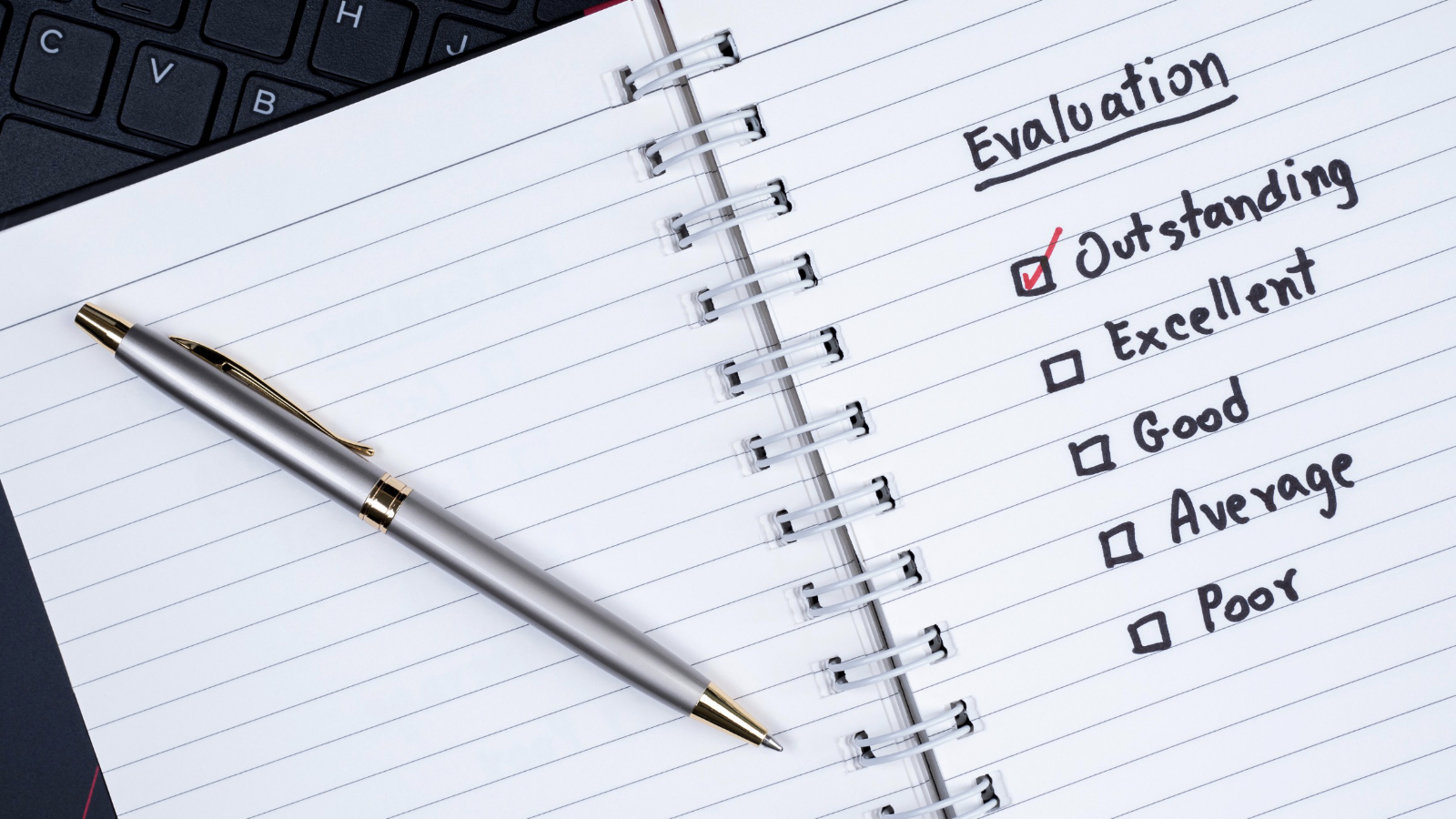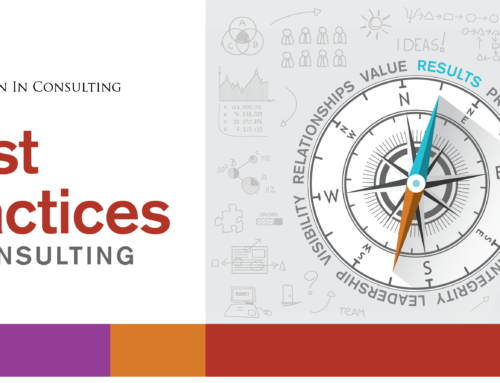With one third of 2012 now complete, it’s a great time to do a business performance review.When you pause regularly – even briefly – to compare performance to plans and goals, you’re more likely to end the year having met what you set out to do…or even better than that.
Set the stage
First, set aside the time you need to be able to give this your full attention.
Second, get out of your office for a few hours to do the review, if you can.
Third, gather the information you need before you do the actual review.
You need a list of your goals for the year, if you set them at the beginning of the year (and if not, take the time to do that now for the rest of the year).
You also need information that tells you how you’re doing in the areas listed below, as well as others that are relevant to your business and situation.
Fourth, when you do the review, answer the following questions.
How are things with your customers?
1. How are things with your customers? How do you know?
2. Are they satisfied, overall? And are those results gradually getting better or worse? Why?
3. What are customers’ most common complaints or suggestions about how you can (or need to) improve? How are you using that feedback to improve?
4. Are there products or services they want that you’re not providing now? Where can they get those wants and needs met, if not by you?
How are employees, contractors and colleagues doing?
1. How are things with for the people who work for and with you? How do you know?
2. What’s their most common feedback as expressed:
– To you?
– To their managers?
– In public forums?
3. Are employees and peers positive, and feeling good about their work and the company? Or do they look discouraged, depleted or defeated?
4. Is the trend in employee satisfaction getting better or worse? Why? If you don’t know, how can you find out?
5. What’s the overall mood at your company now, if you were to describe it in a word or two?
How is revenue?
1. How are your sales, compared to your goals for this point in the year?
2. How are sales of specific products and services compared to what you thought they would be?
3. What’s selling better than expected? What’s not selling as well as planned? Why? How can you use the information to provide more of what customers want, and less of what they don’t?
Are expenses in control…and are investments allowing you to grow?
1. Are expenses what you thought they would be at this point in the year? What expenses are lower than you planned? Why? What expenses are higher than you planned? Why?
2. Are there expenses you’re delaying? Why? How will this be good for the business? How could delays hurt your business?
3. Are there expenses you don’t need to incur anymore? How can you phase these expenses out, or end them now?
4. Are there investments you need to make in the future that will help your company grow and improve?
What problems just won’t go away?
1. Are there problems you thought would be solved by now, but they just don’t seem to get solved, or go away (and stay away)?
2. Why is that happening? Are these just lower priorities than you originally thought? Or have you not yet identified what the problems really are, and what is causing them?
3. What information do you need in order to understand what the problems really are, and how to address them?
4. What do these problems cost the company in terms of:
– Rework
– Refunds
– Lost sales
– Lost customers
– Lost referrals
– Loss of opportunities to do higher-value work for customers
– Other costs of not getting it right yet?
5. Do you need to bring in new or additional resources to solve these problems?
And you…how are you doing?
1. What’s your overall mood about your work and achievements in 2012 so far? Why?
2. What’s going as well or better than expected?
3. What’s not going as well as you’d planned and hoped? Why?
4. What can you do to improve this situation?
5. Are there things you want to to let go, or delegate? What are they? How can you begin to do so?
Are you taking enough, and the right kind of breaks to do your best work?
1. Are you taking enough, and the right kind of breaks to refill and refresh? (Remember, your best ideas may come when you least expect them…and when you’re not trying to force it).
2. What is your main goal for yourself, and your worklife right now? For the rest of the year?
What else needs your attention now?
1. Are there other things that need your attention now, in addition to the issues we’ve discussed here? What are they? How can you begin to address them?
2. What are your top three goals for your business right now? For the rest of the year?
And while we’re at it…
Schedule reviews for the rest of the year, at whatever frequency works best to ensure that you and your business stay:
– Focused
– On track
– Responsive to changes that do, or could, affect your success
– What would you do more of, and less of in the next review?
– How will you use what you learned to improve your business, and company, now? For the rest of the year?
There’s more you can do with regular business reviews, but this will get you started.
Reviewing performance to goals (and new opportunities, as they emerge) can be an eye-opening, engaging and very powerful process.








